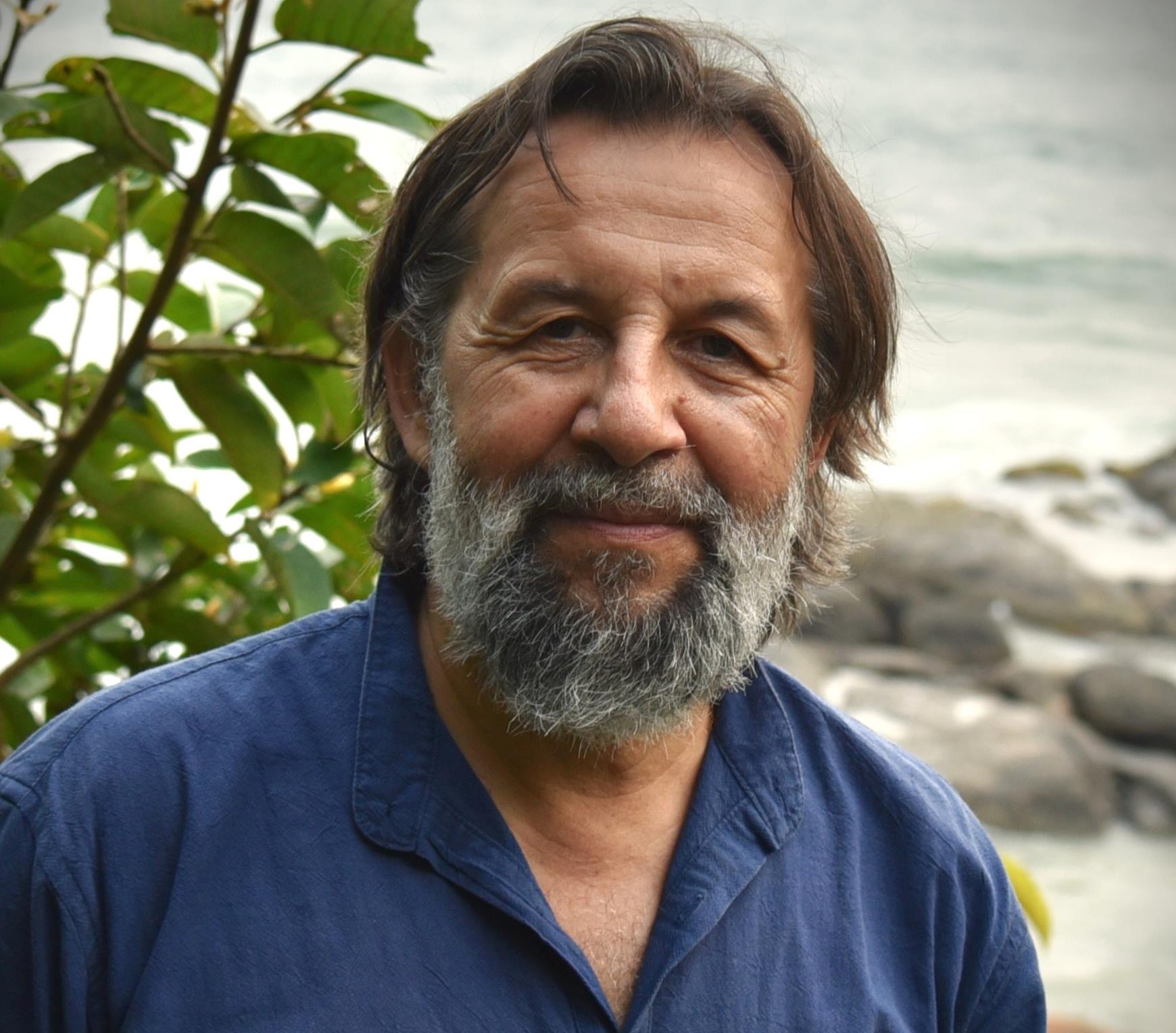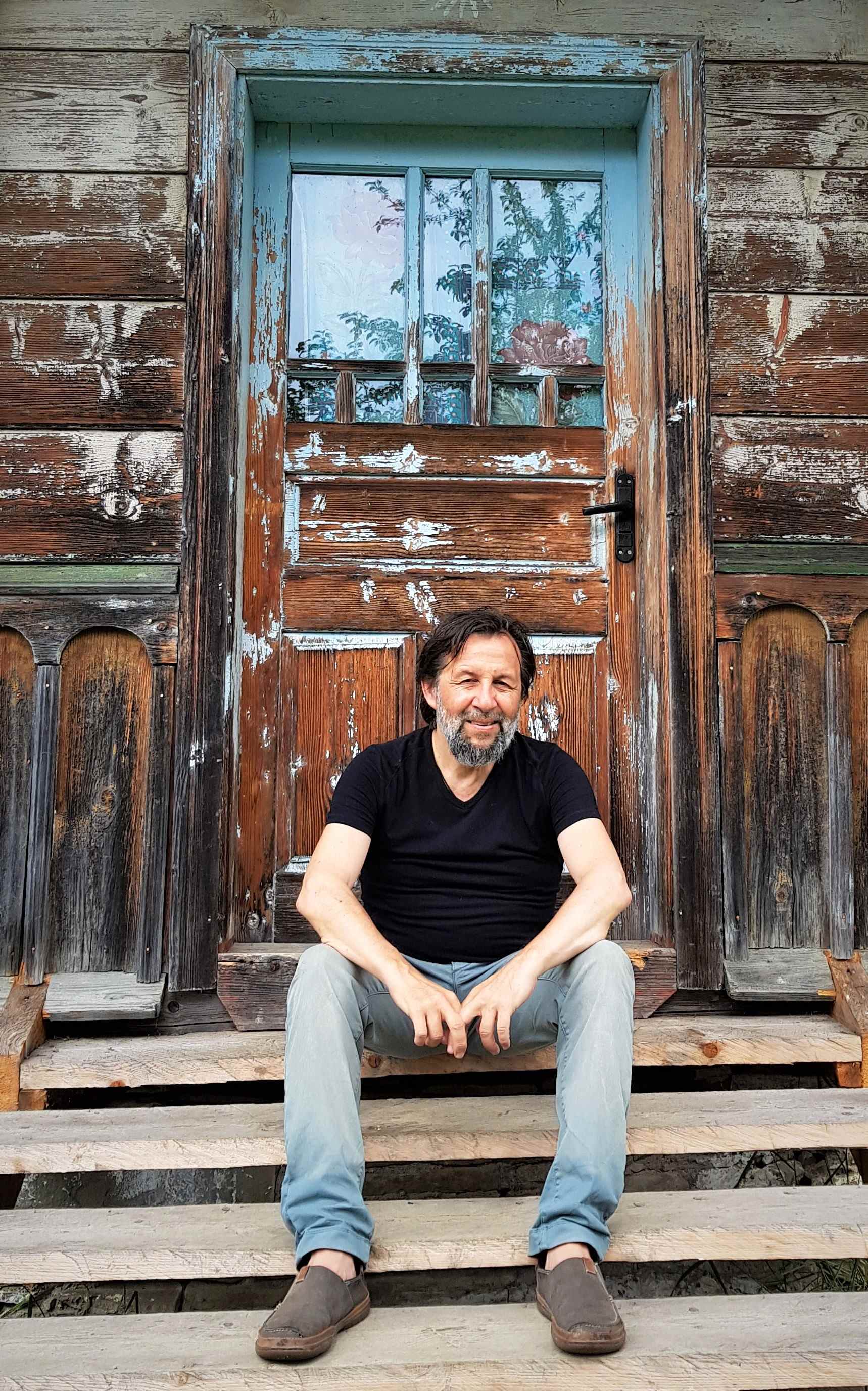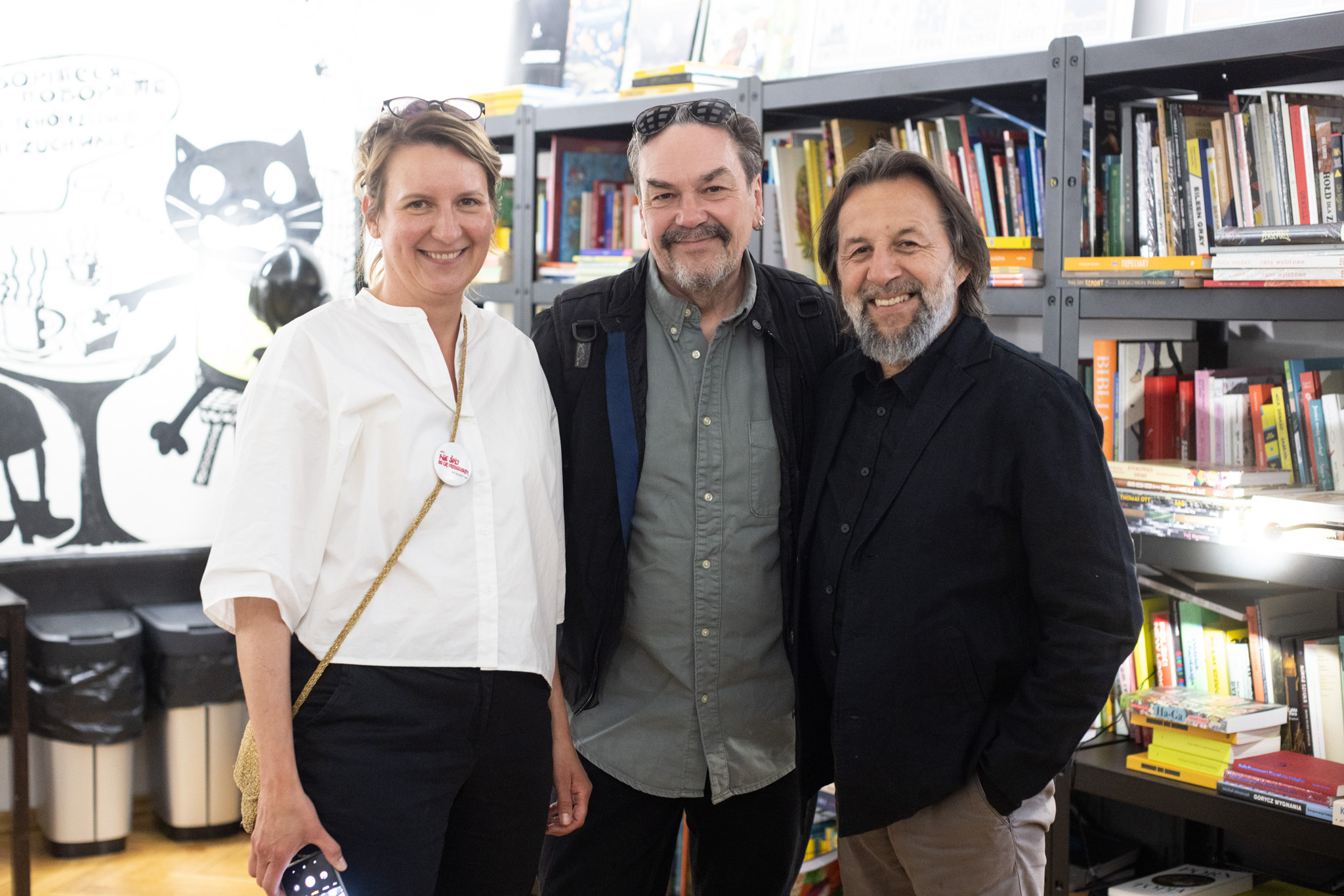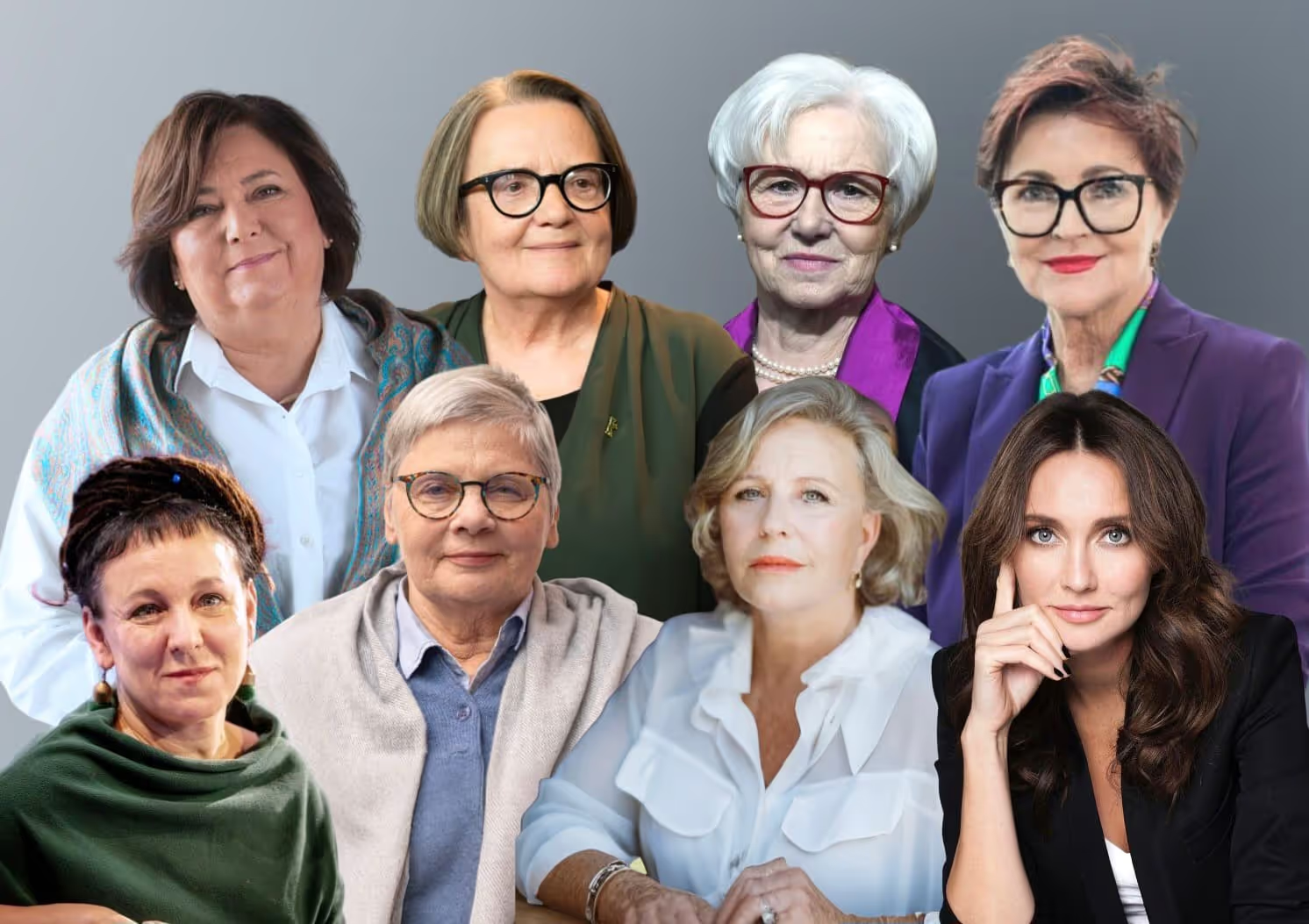Support Sestry
Even a small contribution to real journalism helps strengthen democracy. Join us, and together we will tell the world the inspiring stories of people fighting for freedom!
Український Народний дім у Перемишлі — це будівля, про яку не розкажуть під час туристичних екскурсій містом. За останні кілька років мені неодноразово доводилося відвідувати такі тури й щоразу місцеві гіди оминали згадку про українців — одну з ключових спільнот Перемишля, яка залишила по собі десятки архітектурних і історичних артефактів. Українську громаду Перемишля місцеві часто називають «православними», хоча це не точне визначення. У 1860-х роках, коли Перемишль активно розвивався завдяки будівництву фортеці-форпосту, тут проживало лише 10 тисяч людей, а до 1910 року їх кількість зросла до 56 тисяч. З них 12,3 тисячі — українці, які здебільшого були греко-католиками.
Український Народний дім розташований у центрі міста на Костюшки, 5. Колись це була модернова будівля, збудована коштом української громади за ініціативи Теофіла Кормоша — доктора права, адвоката, громадського діяча й члена місцевої української спільноти у 1903-1904 роках. Теперішній керівник Українського Народного дому Ігор Горків розповідає, як і чому місце, яке не помічають туристичні гіди, стало ключовим для українства.

«Не таке синє небо, не така зелена трава»
Галина Халимоник: Пане Ігорю, розкажіть історію вашої родини, адже вона, наскільки знаю, безпосередньо пов'язана з історією Народного Дому у Перемишлі ще у попередніх поколіннях. І певною мірою є віддзеркаленням історії багатьох українців, які ведуть свій родовід з південно-східних земель Польщі.
Ігор Горків: Родину моїх бабусь-дідусів депортували під час операції «Вісла» під гаслом «остаточного розв'язання української проблеми в Польщі» — в межах домовленостей між комуністичними урядами СРСР та Польщі, так як інші 150 тисяч українців з території Лемківщини, Холмщини, Надсяння та Підляшшя. До цього відразу після Другої світової війни близько пів мільйона українців було депортовано з теперішніх земель південно-східної Польщі до Радянської України, натомість звідти забрали більшість польського населення. У 1947 році ще 150 тисяч українців депортували на західну і північну частини Польщі — на так звані «повернуті землі».
Таким чином прокремлівський Уряд комуністичної Польщі хотів стерти українську ідентичність і полонізувати українців. Їм суворо заборонили повертатися на землі, які були для них рідними.
Втім, на західних землях Польщі українці не бачили для себе майбутнього, бо там не було «українського життя»: свого театрального гуртка, свого часопису, свого священника, своєї церкви, своєї школи. Вони шукали місця, де є український священник, витрачали інколи день, щоб дістатися до церкви, відстояти двогодинну службу і так само день повертатися назад. Українці — народ, який дуже прив'язаний до землі. Тому все на новому місці для них було не так: і небо не таке синє, і трава не така зелена, і сонце не так гріло.
Попри заборони, вони шукали можливість повернутися додому. Тим паче, що в Перемишлі залишався Український Народний дім, була церква. Перемишль став містом-міфом, що давав надію на відродження українського життя спільноти. Люди почали правдами-неправдами приїжджати саме туди, прописуватися в навколишніх селах, щоб відчути дух «українського життя».
— Ця ідея закладалася від початку будівництва Народного Дому?
— Коли будували Народний дім у Перемишлі, це не була ідея саме української громади. Тоді був бум будівництва таких домів на Галичині. Українці будували свої народні доми, поляки — польські. Люди хотіли гуртуватися в окремі громади. Українці довго запрягали, тому Народний Дім у Перемишлі з'явився набагато пізніше за інші. Його збудували коштом місцевої громади й навколишніх сіл, які були переважно українськими, плюс за підтримки української діаспори.
У будівництво була закладена дійсно велична мета — цей дім мав стати символом воскресіння України-Русі, яка повстане незалежною державою на карті Європи так само, як повстав він. Навіть купол побудували, як для церкви. Фасад прикрасили синьо-жовтим орнаментом, а в театральному залі всередині є орнаменти з різних регіонів України: від Сяну, який бере початок на Львівщині, до Дону, з написами про відродження України.

Українська спільнота Перемишля мала дуже свідому громадянську позицію та україноцентричний менталітет. Для відродження українства Перемишль відіграв надзвичайно важливу роль. Саме тут вперше пролунала пісня «Ще не вмерла України», що згодом стала національним гімном держави, автор музики Михайло Вербицький народився у селі неподалік від Перемишля та похований на території сучасної Польщі. З театральної сцени Народного дому пророчу поему «Мойсей» читав Іван Франко.
Український бізнес Перемишля започаткував два вихідних дні 9 та 10 березня — у день народження та роковин Тараса Шевченка
Вони були наповнені культурно-просвітницькими подіями. Тому не дивно, що українці Польщі, яких прокремлівські комуністи хотіли позбавити ідентичності, шукали місця, де вони могли відчути себе українцями без страху, де було б «українське життя».
— Що було в цей час з Українським Народним домом у Перемишлі?
— У 1947 році все майно української громади, як і інших товариств, було націоналізоване. Після смерті Сталіна в Польщі почалася відлига, комуністична влада дала право національним меншинам створювати свої товариства. Це був 1956 рік. По одному товариству з’явилося у білорусів, українців та інших меншин.
«Українське суспільно-культурне товариство», як воно називалося, було повністю підконтрольне польській комуністичній владі: доноси, контроль за висловлюваннями, думками. Втім, навіть у такій формі це дозволило українцями бодай якоюсь мірою відродити свою спільність: у культурних заходах, у діяльності. Тут працював театральний гурток, випускався часопис «Наше слово», був пункт навчання українській мові.
Українська громада Перемишля роками зверталася до місцевої влади щодо повернення будівлі, але не могла цього добитися. Три покоління намагалися зберегти будівлю через оренду частини приміщень. Спочатку це була одна кімната, далі дві, три, згодом театральний зал — так українці дбали про будинок, були поруч з ним, намагалися врятувати від руйнування та забуття.

За 1 відсоток вартості — 100 відсотків ідентичності
— Пам’ятаєте, як ви вперше прийшли до Народного дому?
— Я народився на півночі Польщі, але багато чув в родині про Український народний дім в Перемишлі. Батьки намагалися підтримувати в мені розуміння, що я — українець, громадянин Польщі українського походження, вдома ми говорили українською, я навчався в українській школі. Тому у мене завжди було зворушливе й особливе ставлення до цього місця. І переїзд до Перемишля був для мене свідомим рішенням.
Завжди хотілося побачити цей будинок. Це сталося у 2007 році. Тоді народний дім роздали під комунальні квартири, його перетворили на громадський туалет. Стан був жахливим.
«Українське суспільно-культурне товариство» проіснувало до 1989 року. Воно було ліквідоване через тісний зв'язок з комуністичним режимом, на заміну йому прийшло «Об’єднання українців у Польщі». Згідно з нормою Закону Польщі про національні меншини, до них належать меншини, які мешкають на території Польщі останні 100 років. Українці жили на території східної частини Польщі завжди, а не лише останні 100 років. Їх неможливо асимілювати остаточно. Про це свідчить і той факт, що під час перепису 2011 року українську національну ідентичність заявило більше українців, ніж під час перепису 2002 року.
Українська громада неодноразово зверталася до муніципалітету з проханням передати їй будівлю, але ми змогли дійти згоди лише у 2011 році. Саме «Об’єднання українців у Польщі» викупило будівлю у місцевого муніципалітету за символічний один відсоток вартості. Це рішення також було пов'язане із взаємною поступкою з боку України — повернення полякам будівлі Польського дому у Львові.
Пізніше українська громада зібрала 6,5 мільйонів злотих приватними пожертвами й грантами з необхідних 12,5 млн на ремонт будівлі. Ремонт почався з театральної зали: нам здавалося надзвичайно важливим показати, як зміниться життя будівлі після того, як вона повернеться до української громади. Хотіли, щоб з перших днів там почалися культурні й інтеграційні заходи.
Відтоді це місце працювало не тільки для української громади, воно стало місцем міжкультурного діалогу, близького знайомства й подолання стереотипів. Адже ніхто не повинен бути сегрегованим у свою культурну бульбашку.
— Правду кажуть, що місцева влада часто ігнорує пропозиції дружби від Українського Народного дому?
— Перемишль — місто непростої історичної долі.
Українську тему використовують майже всі політики під час виборів, не зробивши висновків з помилок минулого
А оскільки весь час проходять якісь вибори, складається враження, що це безкінечний процес. Ми робимо все, що можемо, аби подолати стереотипи й упередження щодо українців, однак багатьом політикам простіше грати на виборчих симпатіях, призначивши когось ворогом. Часто історичні теми використовують як зручний ґрунт для маніпуляцій.
Як ми з цим боремося? Розповідаємо факти — про внесок українців у польську пенсійну й податкову системи, наприклад. Коли відбувались фермерські протести у Перемишлі, ми акцентували увагу на збитках, які несли польські підприємці через блокування кордону.
До того ж ми активно запрошуємо до участі в усіх заходах польську спільноту — тільки в тісному контакті можемо подолати упередження. На жаль, не все залежить тільки від нашої громади, але наші двері завжди відчинені. І це єдиний спосіб — хоч і нешвидкий, — щоб збудувати українсько-польську спільність. Табличка на стіні Народного дому каже: «Нема вільної України без вільної Польщі, немає вільної Польщі без вільної України». Це мають усвідомити українські й польські політики та громади по обидві боки кордону.
.avif)
Театральна зала на 24 ліжка
— Водночас Народний дім в Перемишлі завжди був місцем сили для українців не лише Польщі. Зокрема, під час повномасштабної війни…
— Так, ми завжди були поруч з Україною в усіх її випробуваннях. Коли стався Євромайдан, а пізніше Революція гідності, українці Польщі й поляки збирали гуманітарну допомогу. Коли українська сторона, керована тоді експрезидентом-втікачем Віктором Януковичем, заборонила ввозити гуманітарні вантажі, ми ділили їх невеликими партіями вивозили в індивідуальних автівках, збирали з українського боку кордону — і везли далі.
Перед війною ми зібралися, щоб обговорити, чим Український Народний дім у Перемишлі зможе допомогти українцям. Ми розробили план допомоги, і якщо ви бачили в Перемишлі на вокзалі волонтерів, які підходили й допомагали українським біженцям дістатися до необхідного потягу, автобусу, отримати логістичну інформацію, — це були українські й польські волонтери нашого Дому.
Ми серйозно підготувалися, мали протоколи надання допомоги.
Театральна зала, де виступали українські й польські митці Соломія Крушельницька, Лесь Курбас, Оксана Забужко, Ольга Токарчук, Анджей Стасюк, перетворилась на тимчасовий хостел на 24 ліжка. Такою ми уявляли собі кількість українських біженців. Потім ми доставляли ліжка: 50, 80…
Загалом протягом пів року у нас зупинилося близько 5000 людей — з ночівлею і харчуванням.

Український Народний дім в Перемишлі організував понад 1000-денне чергування на вокзалі. Наші волонтери зустрічали поїзди з України, допомагали жінкам з дітьми донести валізи, розібратися з логістикою. Ми підготували інформацію, яку доносили біженцям за 100 секунд. Основне, що варто було знати українцям, аби не натрапити на шахраїв і злодіїв. Працювали також у кімнаті матері й дитини. За всім цим стояв колектив «Об’єднання українців у Польщі» — польські й українські волонтери, які були готові в будні і свята.
За підтримки спонсорів вдалося відремонтувати іншу будівлю, де до 2024 року функціонував хостел для біженців. У ньому постійно перебували люди, які потребують тимчасового прихистку — видихнути й зрозуміти, куди рухатися далі. Був відкритий також шелтер для людей з інвалідністю, розрахований на короткотермінове проживання — від двох до трьох місяців. Ці люди й до війни стикалися з труднощами, а тепер їм потрібен додатковий час для адаптації та відновлення.
Нашою метою було допомогти людям спланувати майбутнє: знайти роботу, школу дітям, курси з вивчення мови. Через два-три місяці люди казали, що «далі вже самі» — і те, що вони можуть дати собі раду, — головна винагорода нашої роботи. Завдяки підтримці біженці повертали контроль над своїм життям.
Завдяки різноманітним грантовим програмам нам вдавалося, наприклад, організовувати візити лікарів до хостелу, психологічну допомогу. Зараз через зупинку підтримки від USAID частину програм довелося скоротити — зокрема, напрям психологічної допомоги. Шукаємо, чим можемо це замінити, оскільки українська громада Польщі зайнята переважно зборами для фронту. Чимало організацій виходять зараз з участі в допомозі, хоча потреба в ній не зникла. Наша організація все ще залишається асистентом для українців з багатьох питань: переклад в складних життєвих ситуаціях, організація похорон, підтримка жінок, які мають народити.
Для нас роботи стало більше, бо коли всі йдуть, ми залишаємось одними з небагатьох

— Зараз дедалі частіше лунає думка про те, що частина воєнних біженців можуть залишитися в Польщі назавжди, оскільки вони вже змінили статус тимчасового захисту на робочі контракти. Яким має бути політика Польщі щодо інтеграції українців?
— Держава не повинна виключати з цього процесу громадські організації, які мають успішний тривалий досвід інтеграційної роботи. З моменту, коли Народний дім у Перемишлі відновив свою роботу, ми провели десятки спільних польсько-українських заходів. Ми позиціонуємо себе як Український Народний дім, в якому є місце для всіх мешканців Перемишля, а не лише для українців.
Це підхід, який не будує навколо нашої громади мур, а відчиняє двері. Лише через постійні особисті контакти й відкриті культурні простори ми можемо побудувати справжній міст взаєморозуміння. Саме такі ініціативи, як наша, доводять: інтеграція — це не асиміляція, а співжиття, де кожен зберігає свою ідентичність, водночас стаючи частиною чогось більшого.
Фотографії: архів УНД у Перемишлі

Editor and journalist, author of articles on local governments, ecology and human stories, as well as an advocate for solutions journalism, explanatory journalism, and social campaigns in the media. In 2006, she founded the municipal newspaper «Visti Bilyayivky». The publication successfully underwent privatisation in 2017, transforming into an information agency with two websites - Біляївка.City and Open.Дністер - along with numerous offline projects and social campaigns. The Біляївка.City website covers a community of 20 thousand residents but attracts millions of views and approximately 200 thousand monthly readers. She has worked on projects with UNICEF, NSJU, Internews Ukraine, Internews.Network, Volyn Press Club, Ukrainian Crisis Media Center, Media Development Foundation and Deutsche Welle Akademie. She has also been a media management trainer for Lviv Media Forum projects. Since the beginning of the full-scale war, she has been living and working in Katowice for Gazeta Wyborcza.







